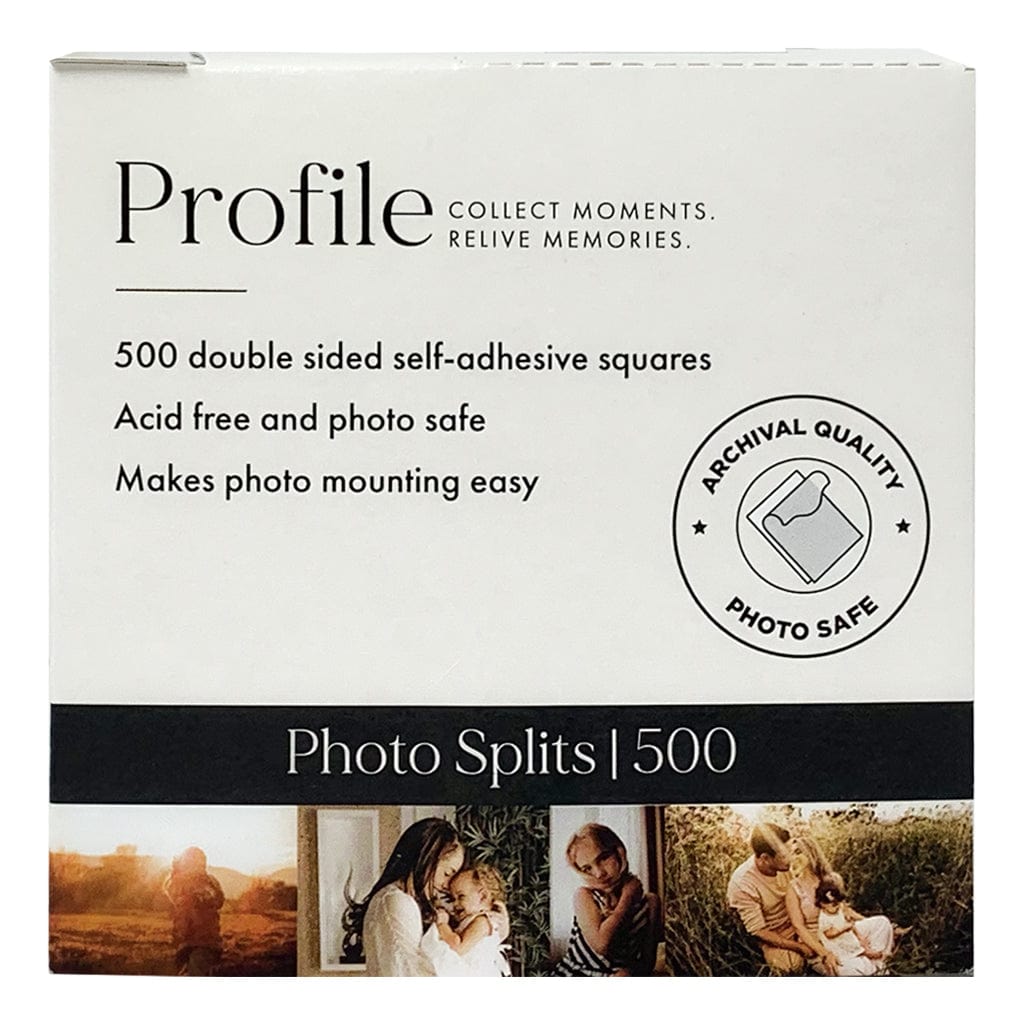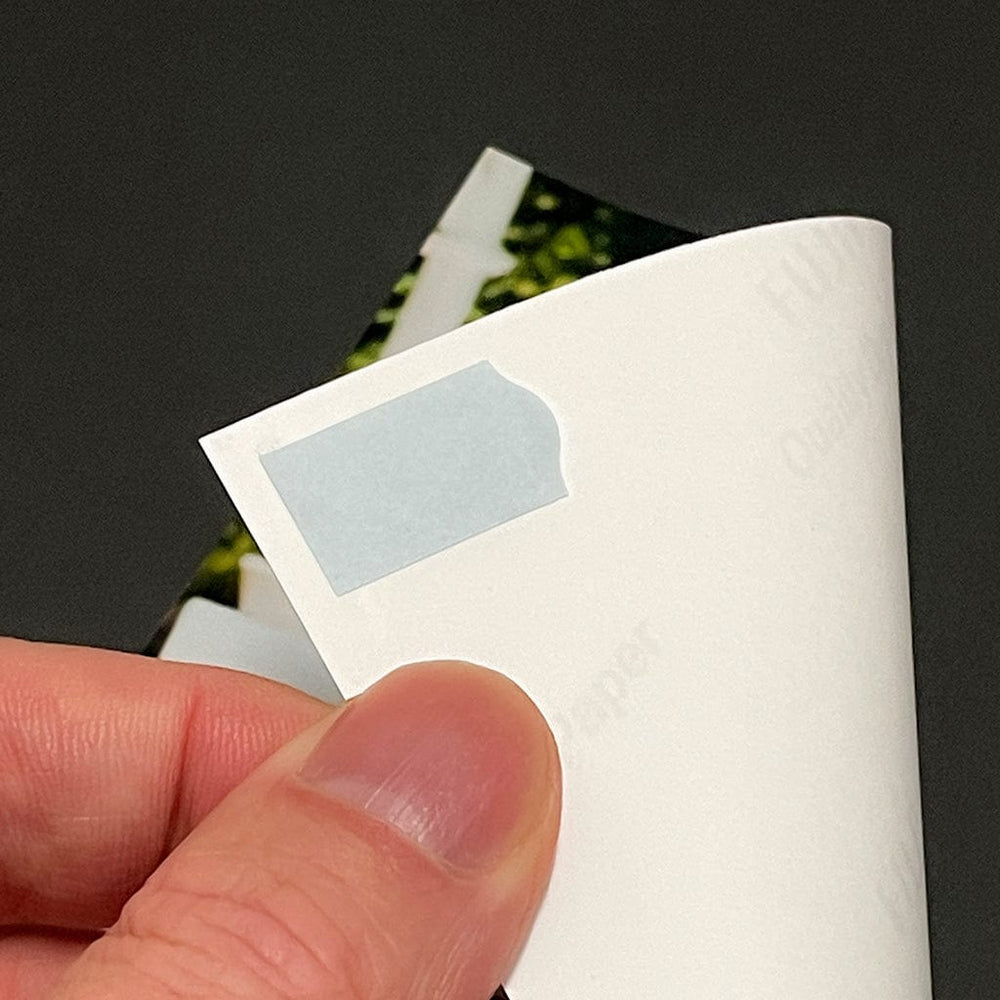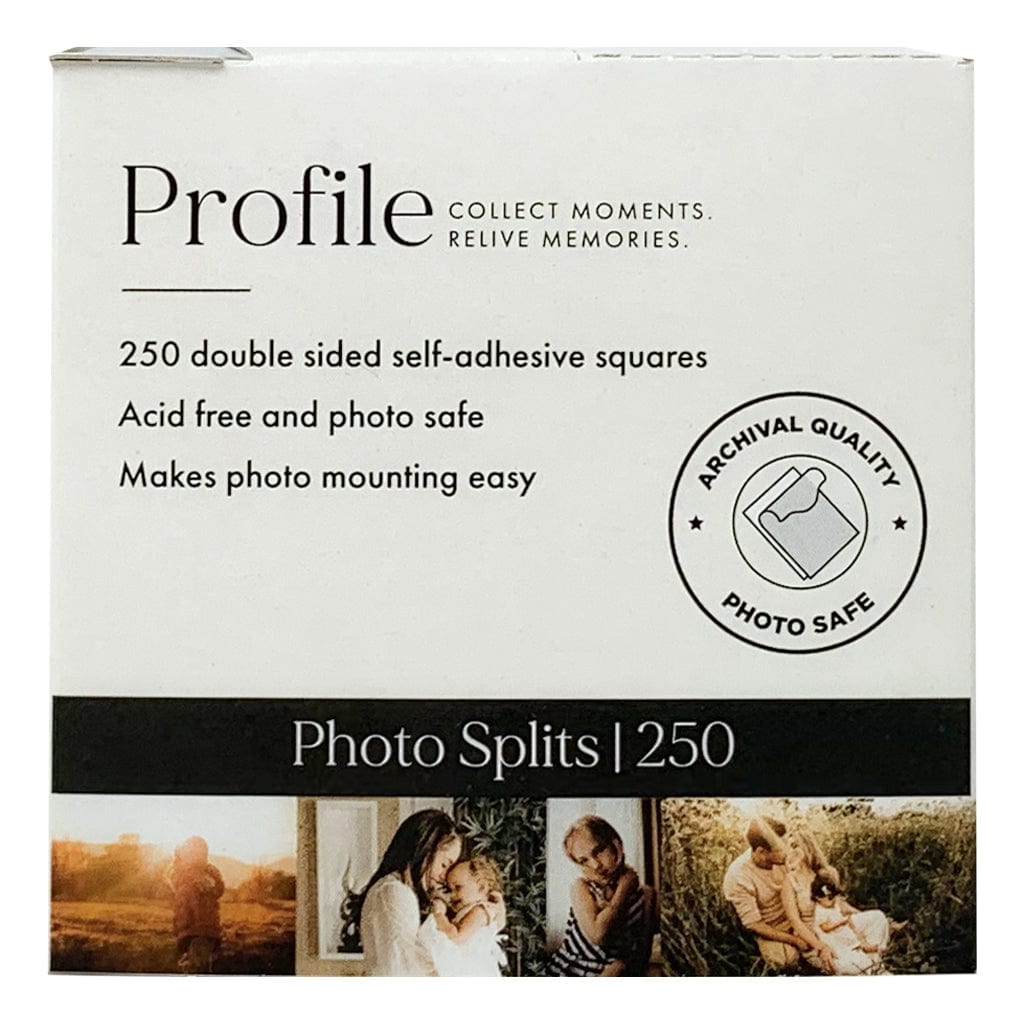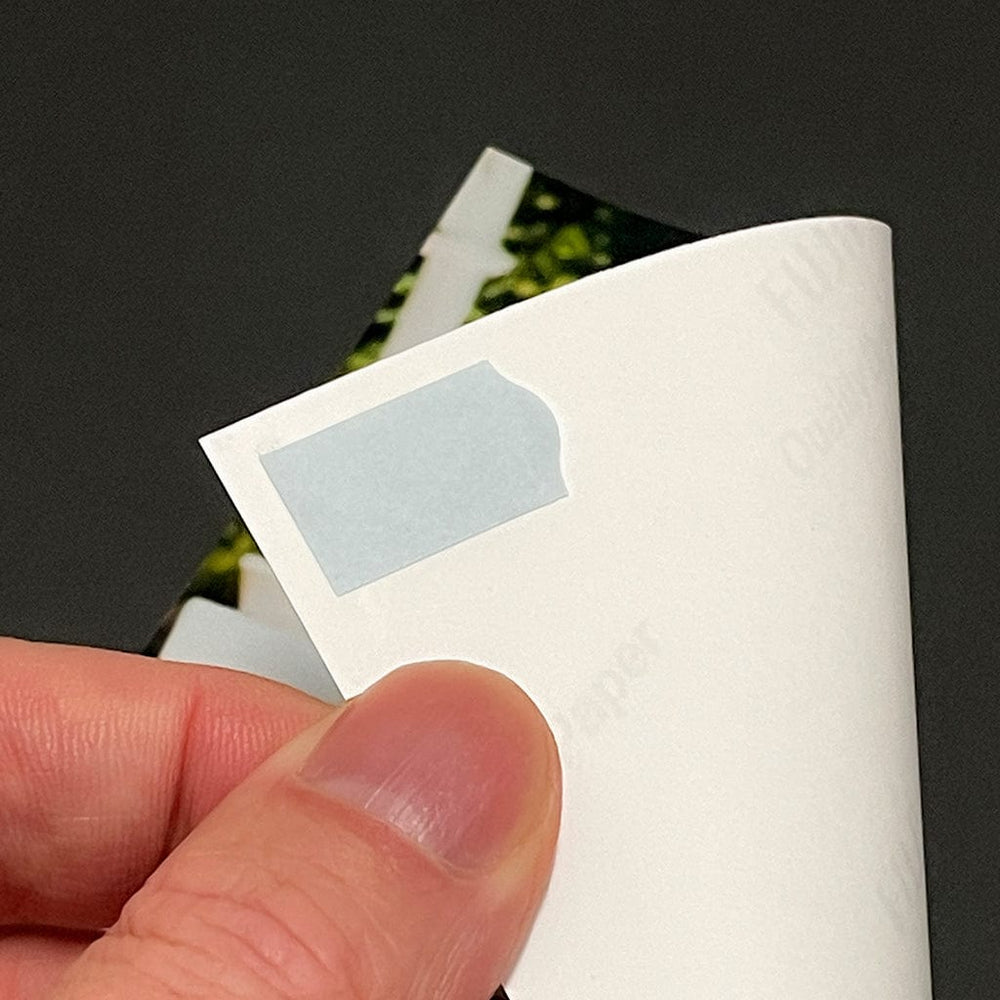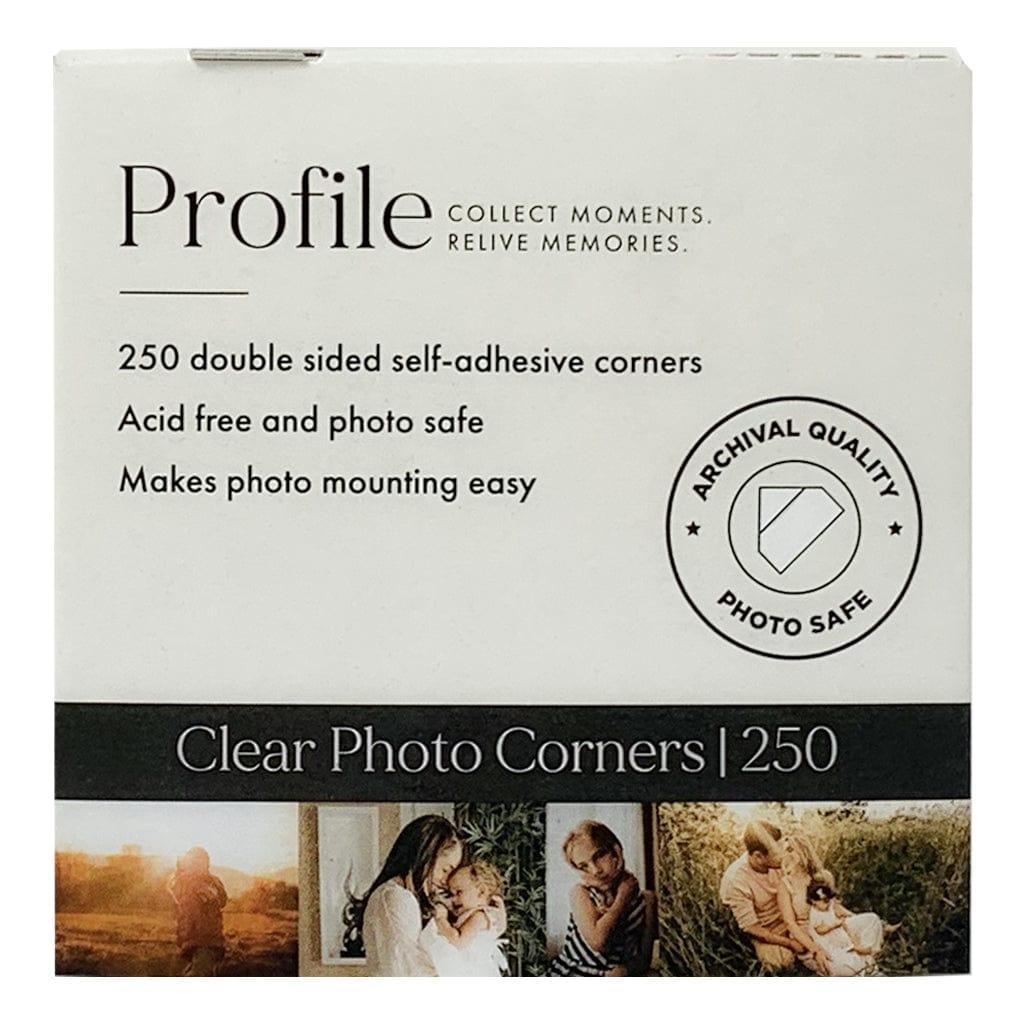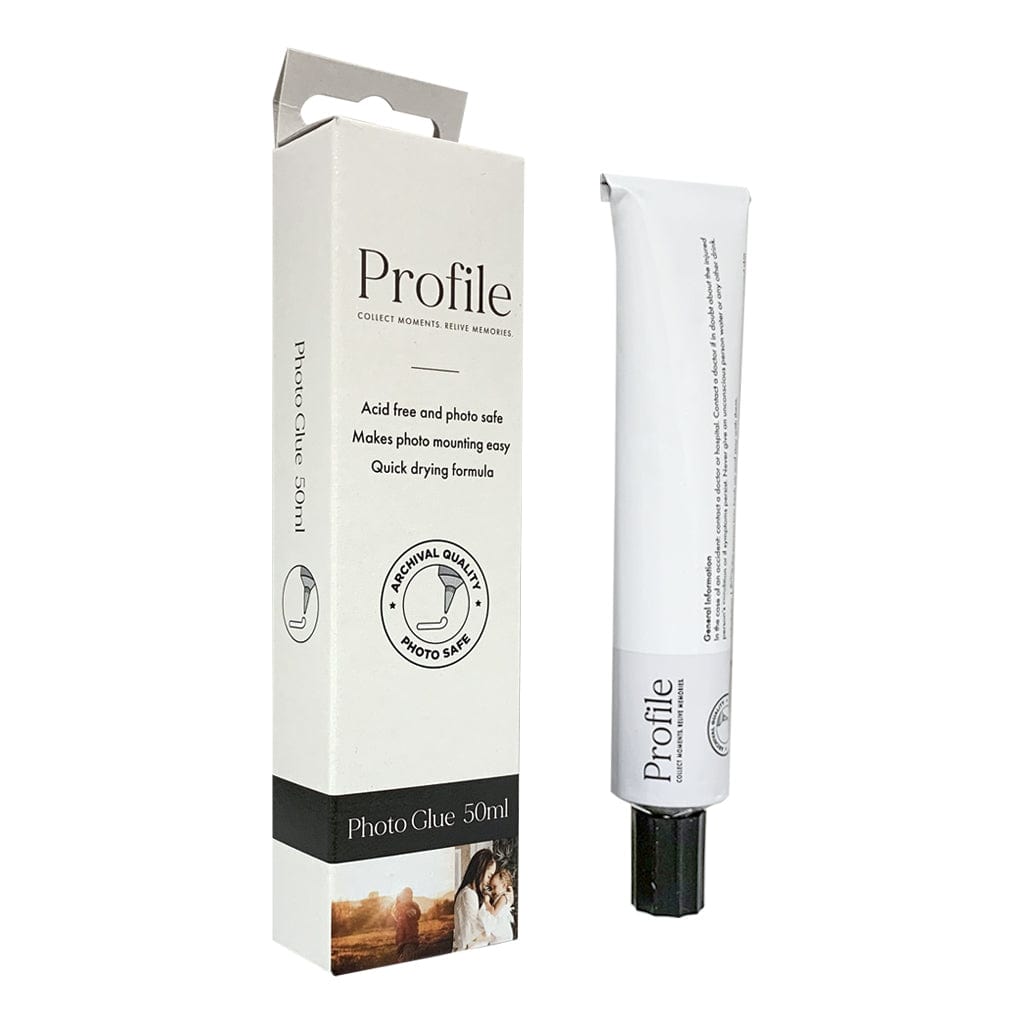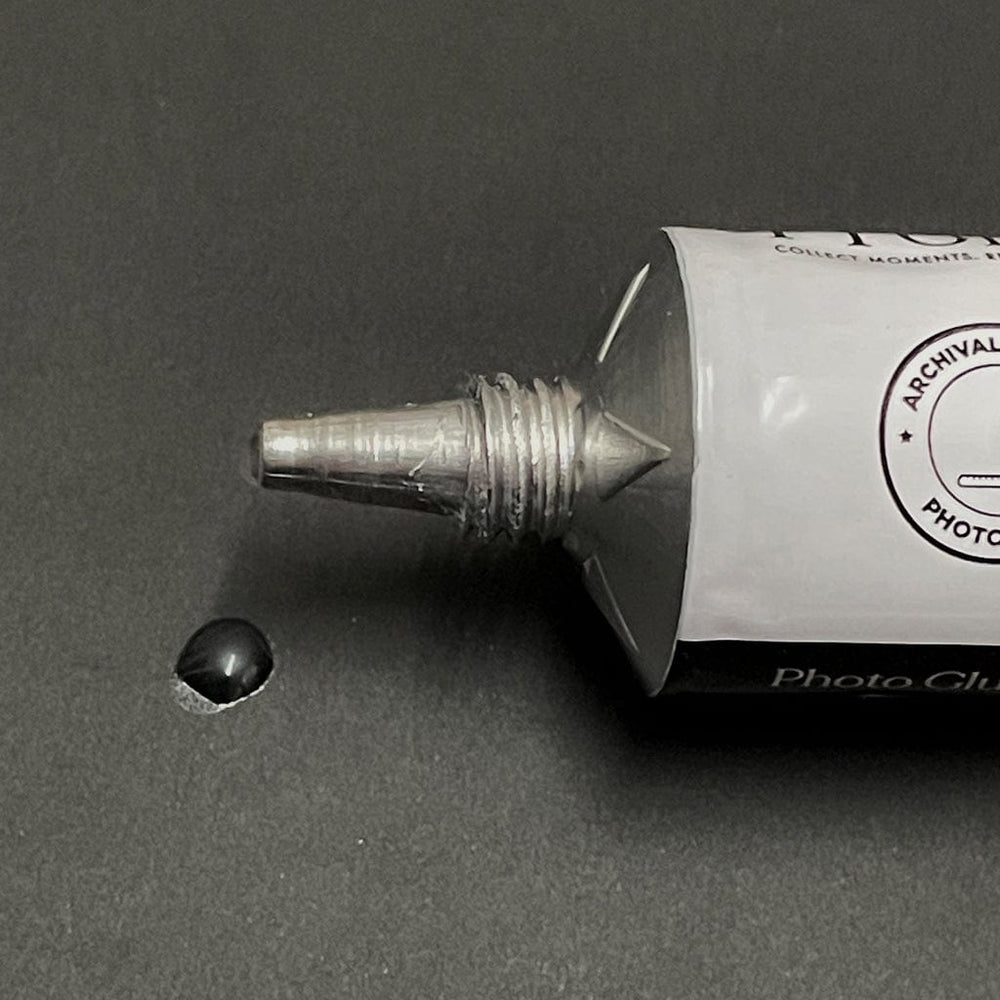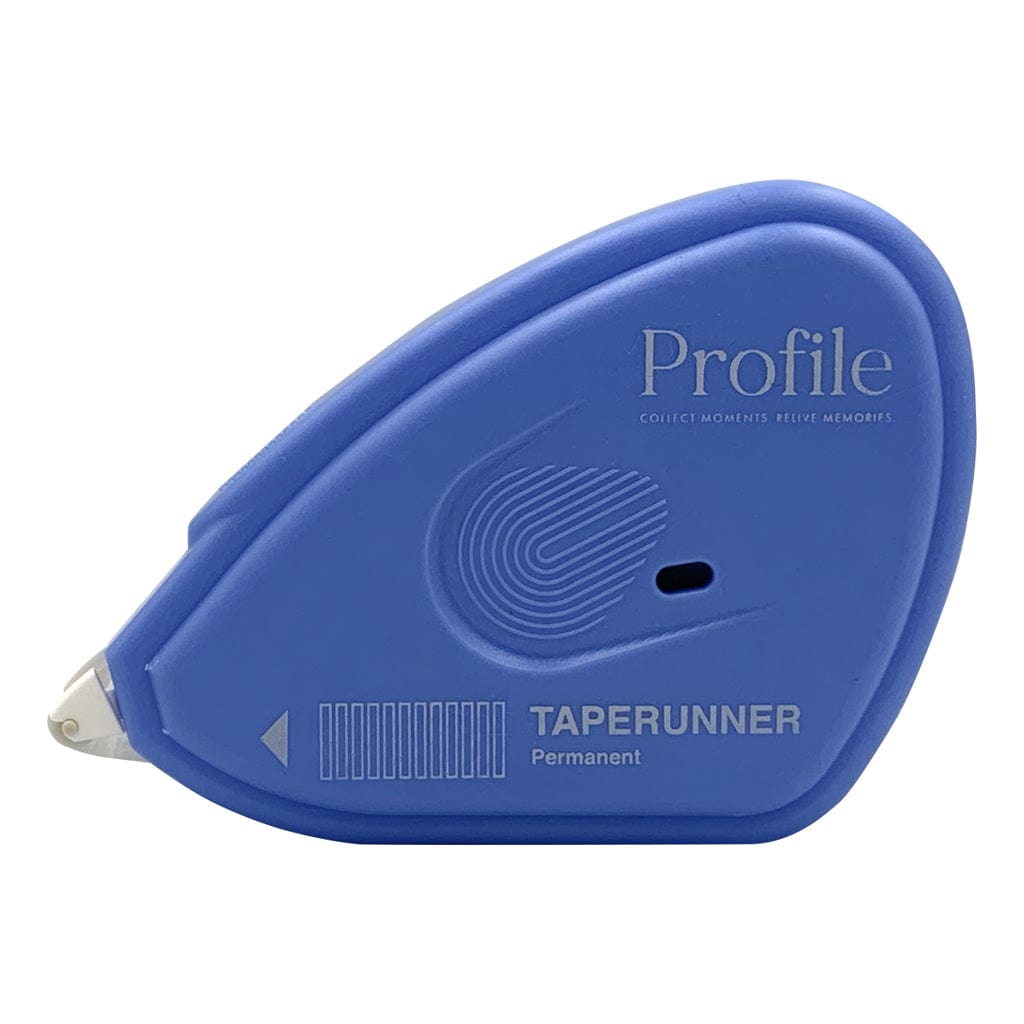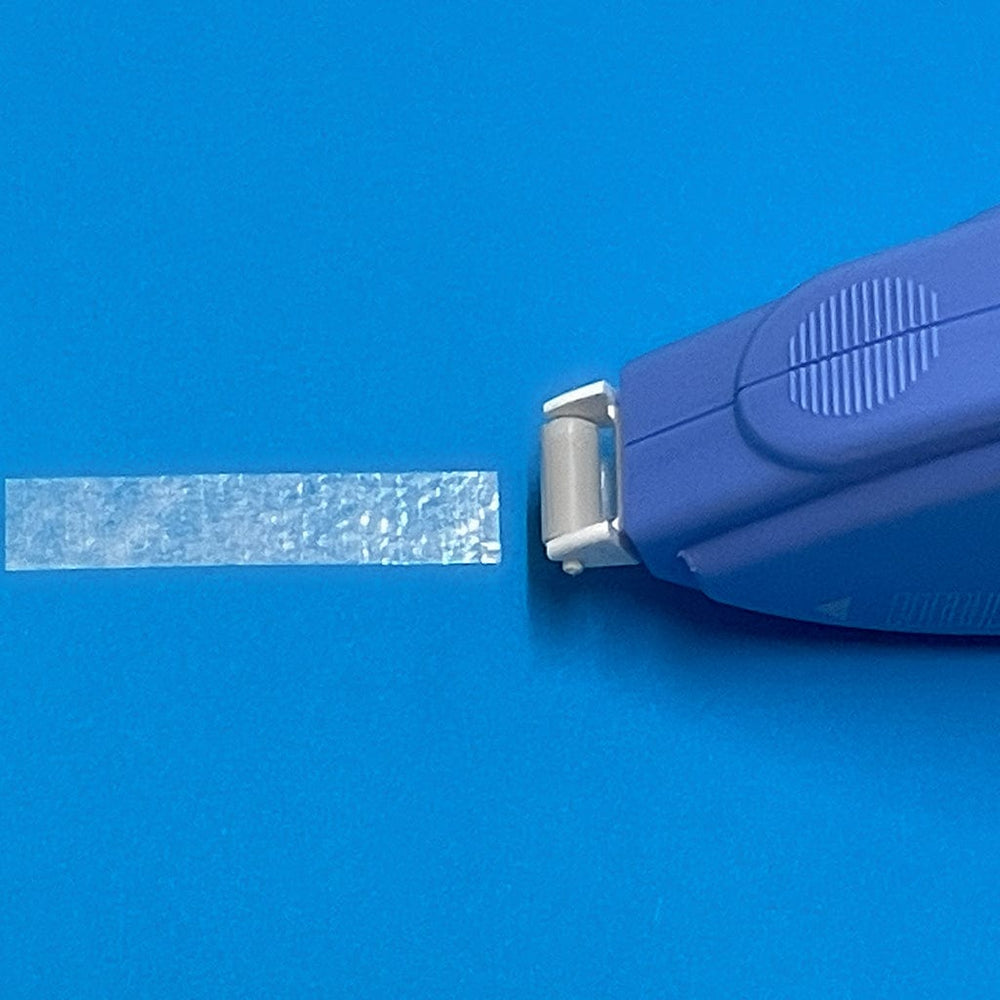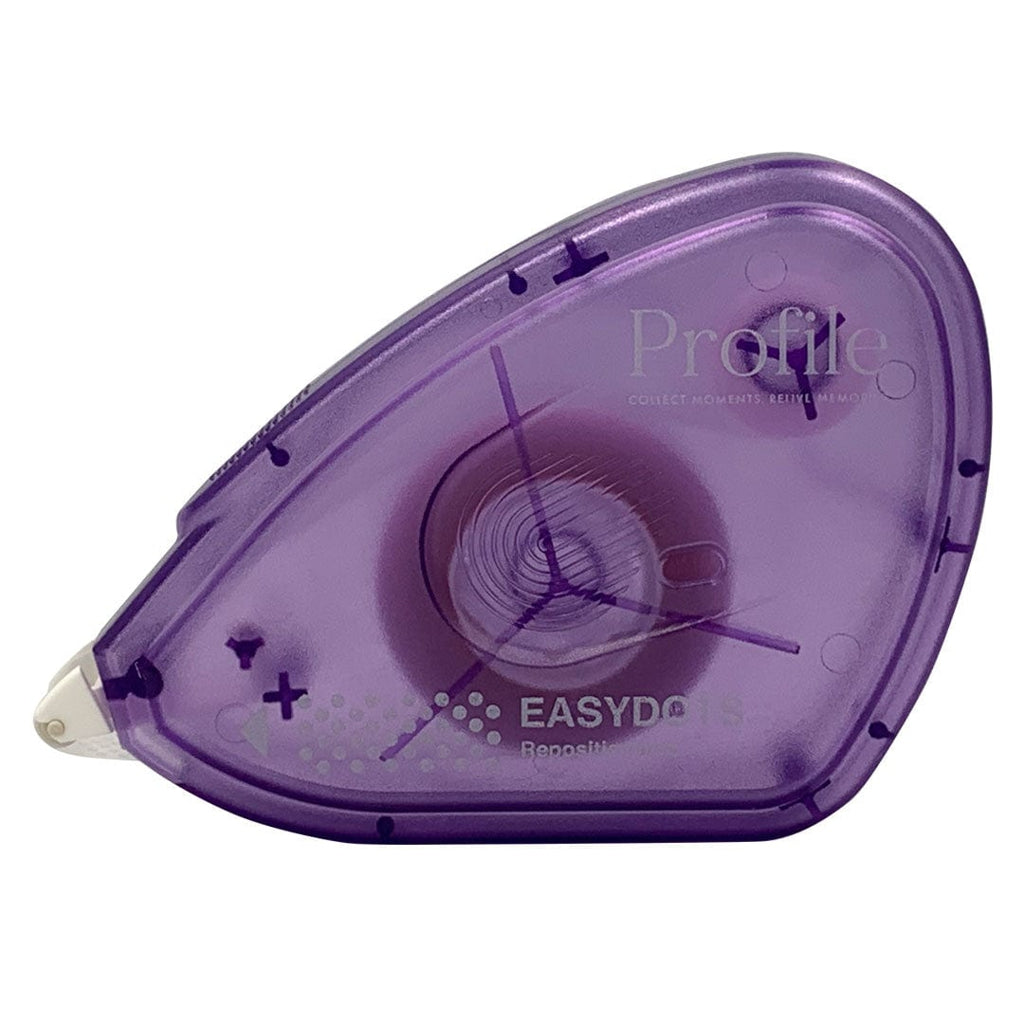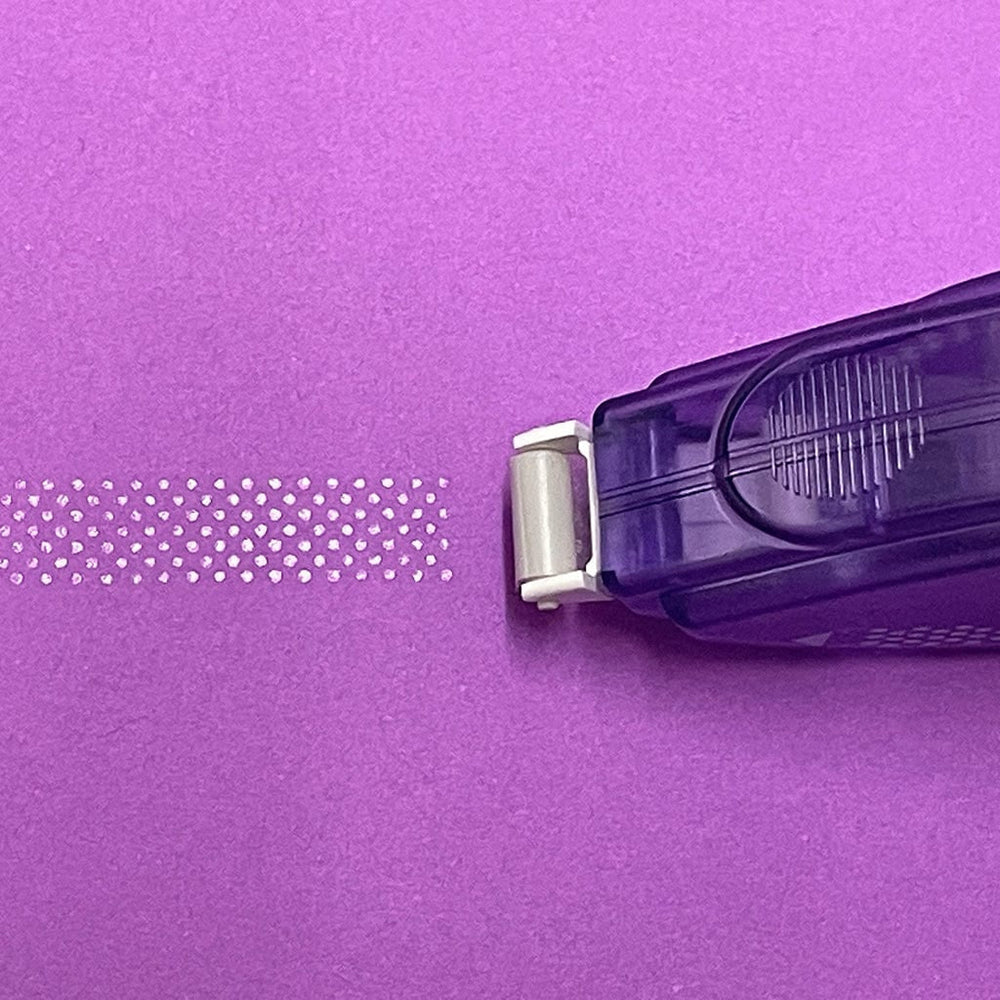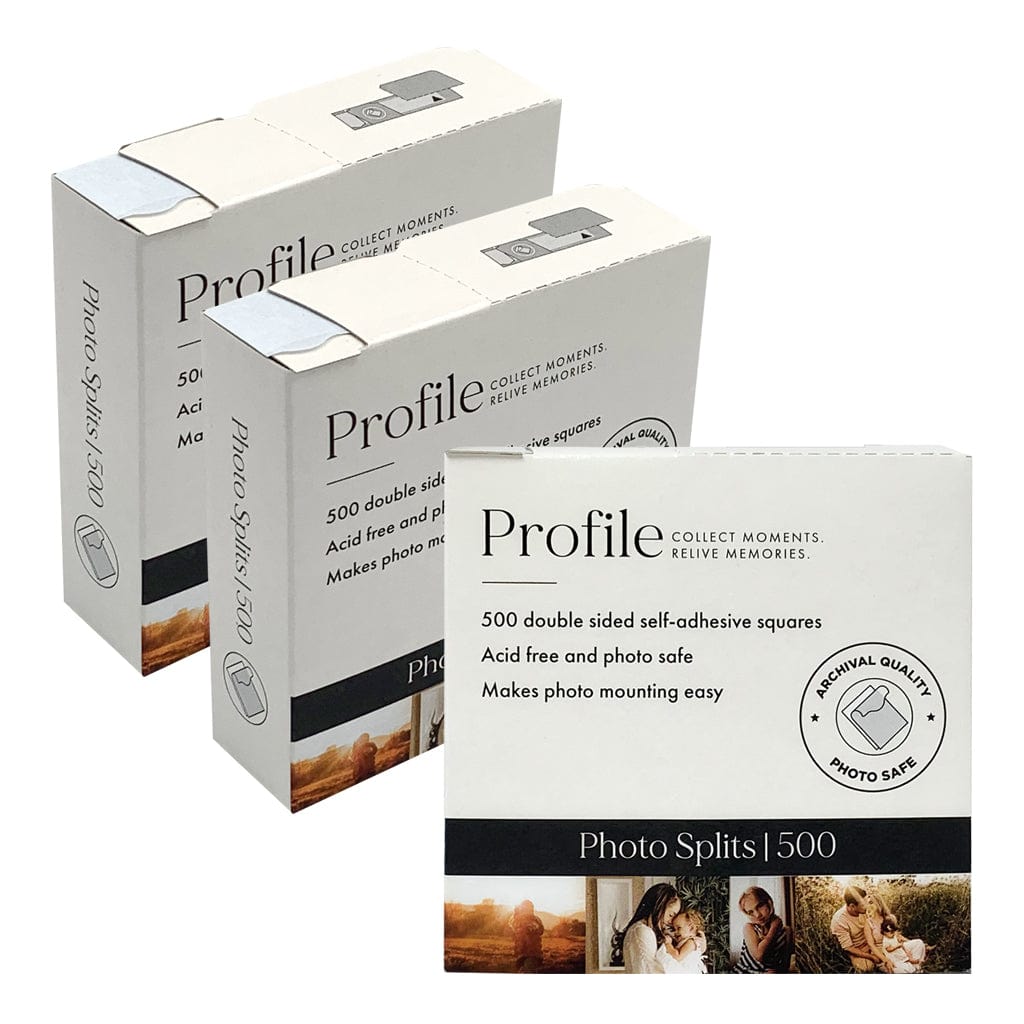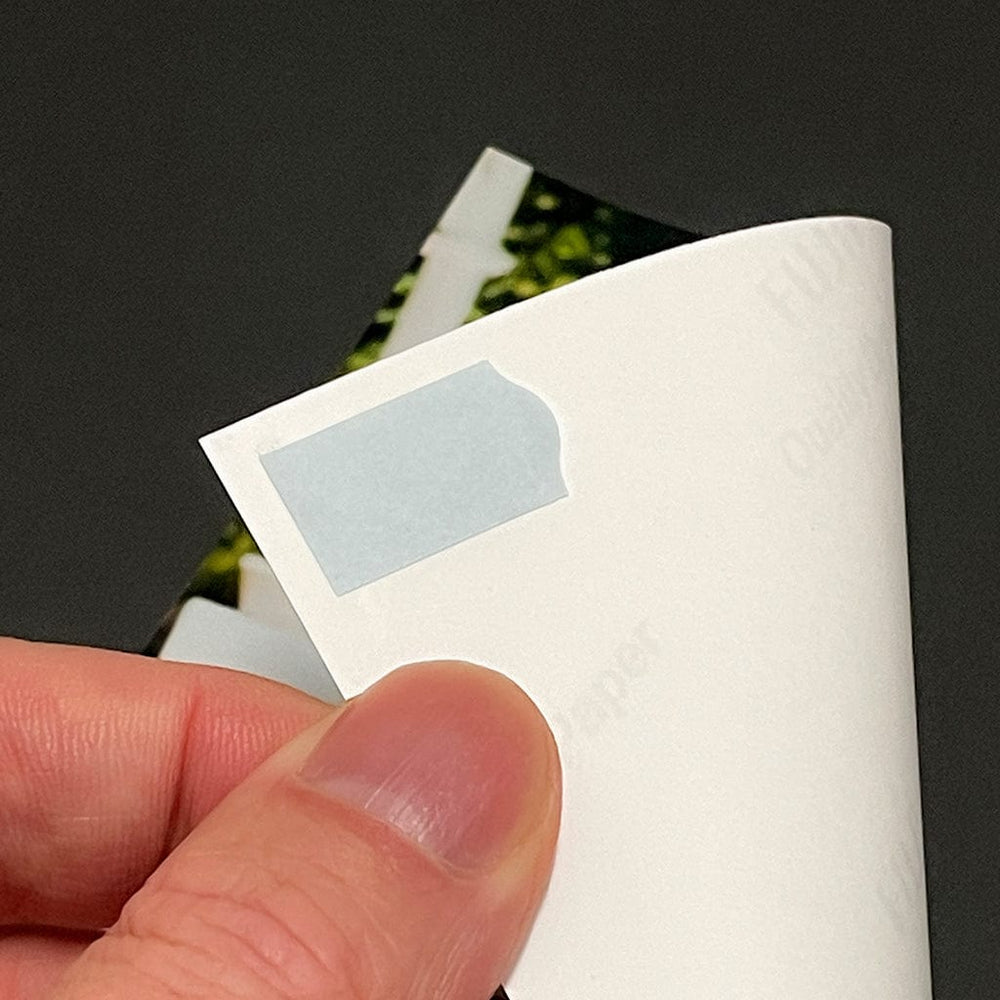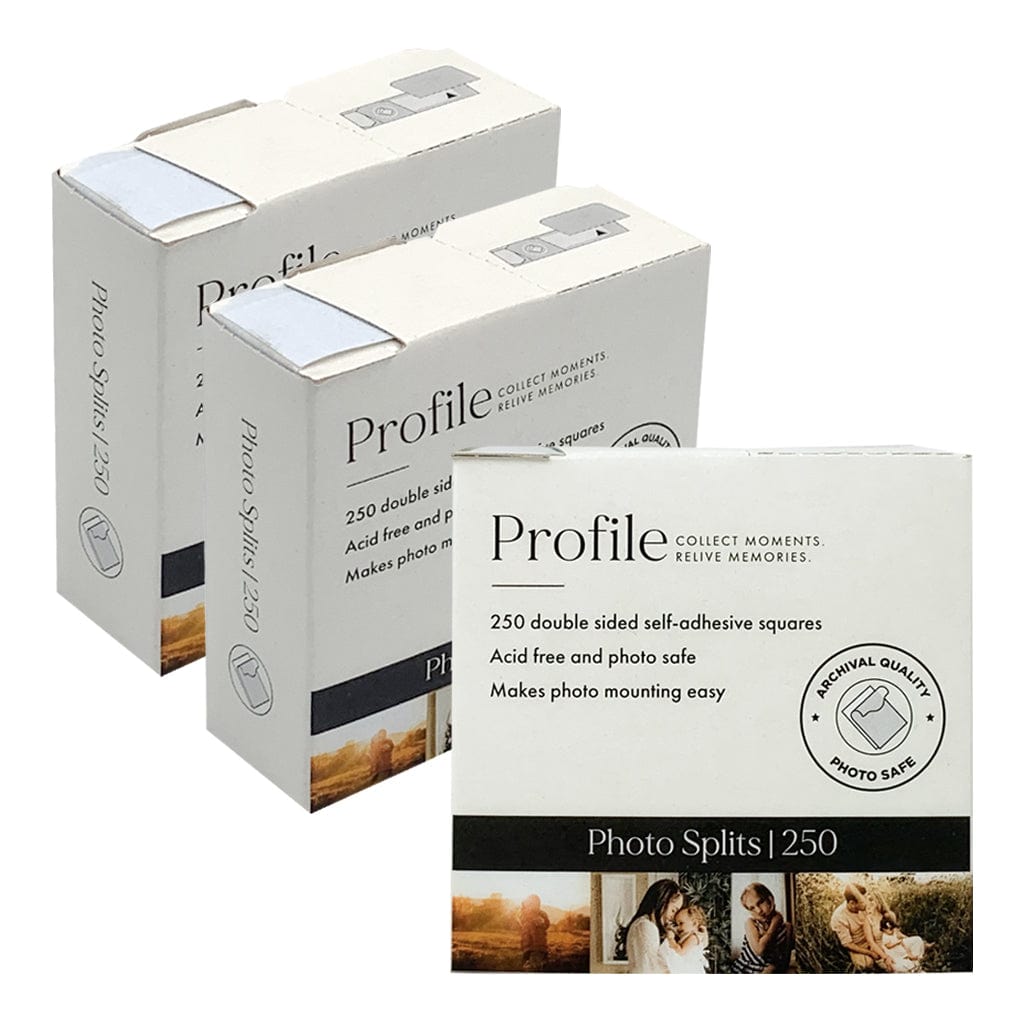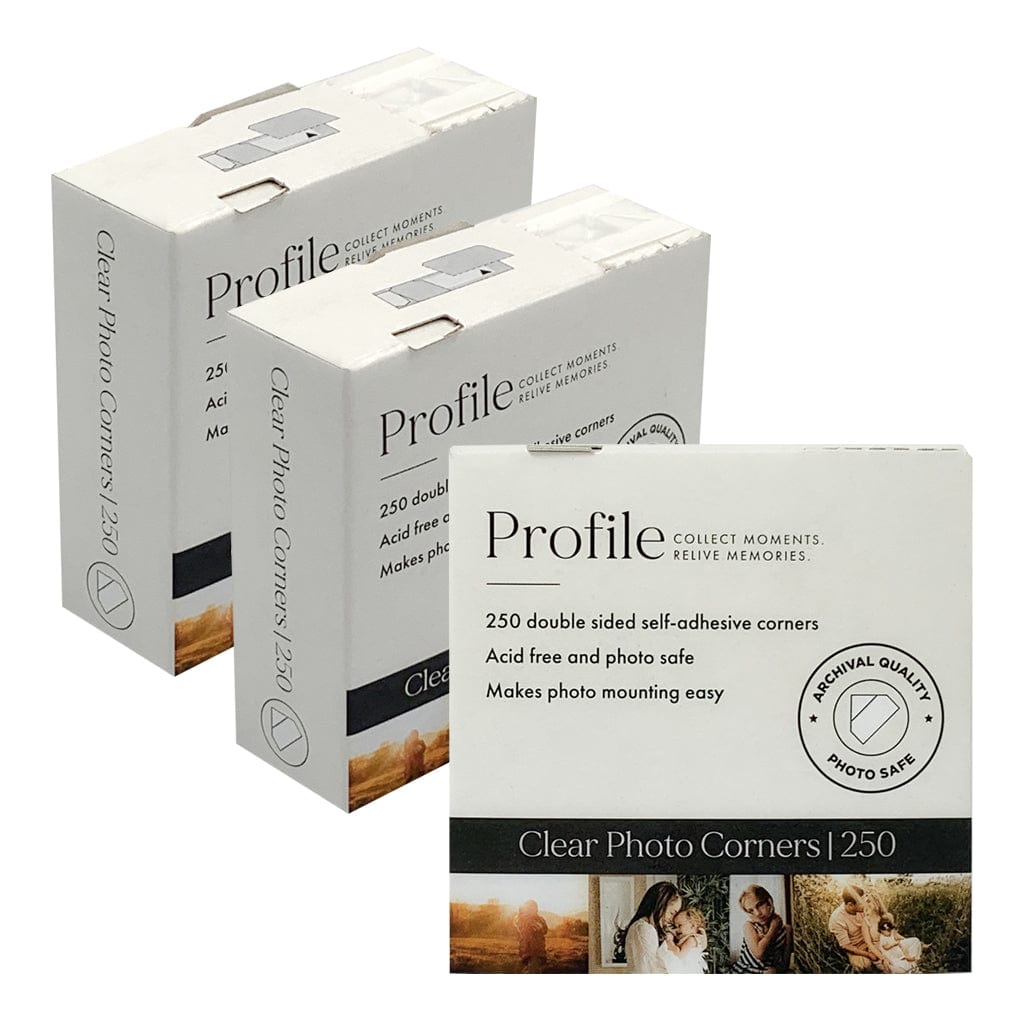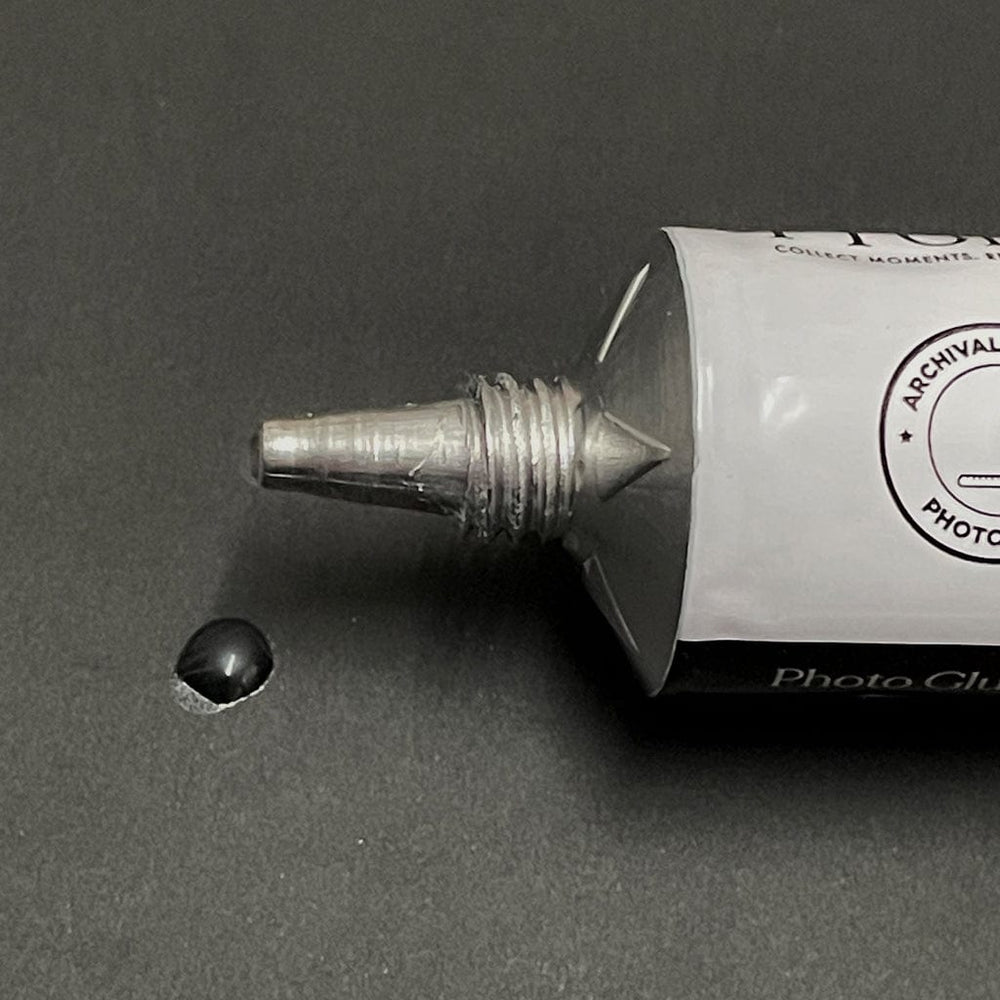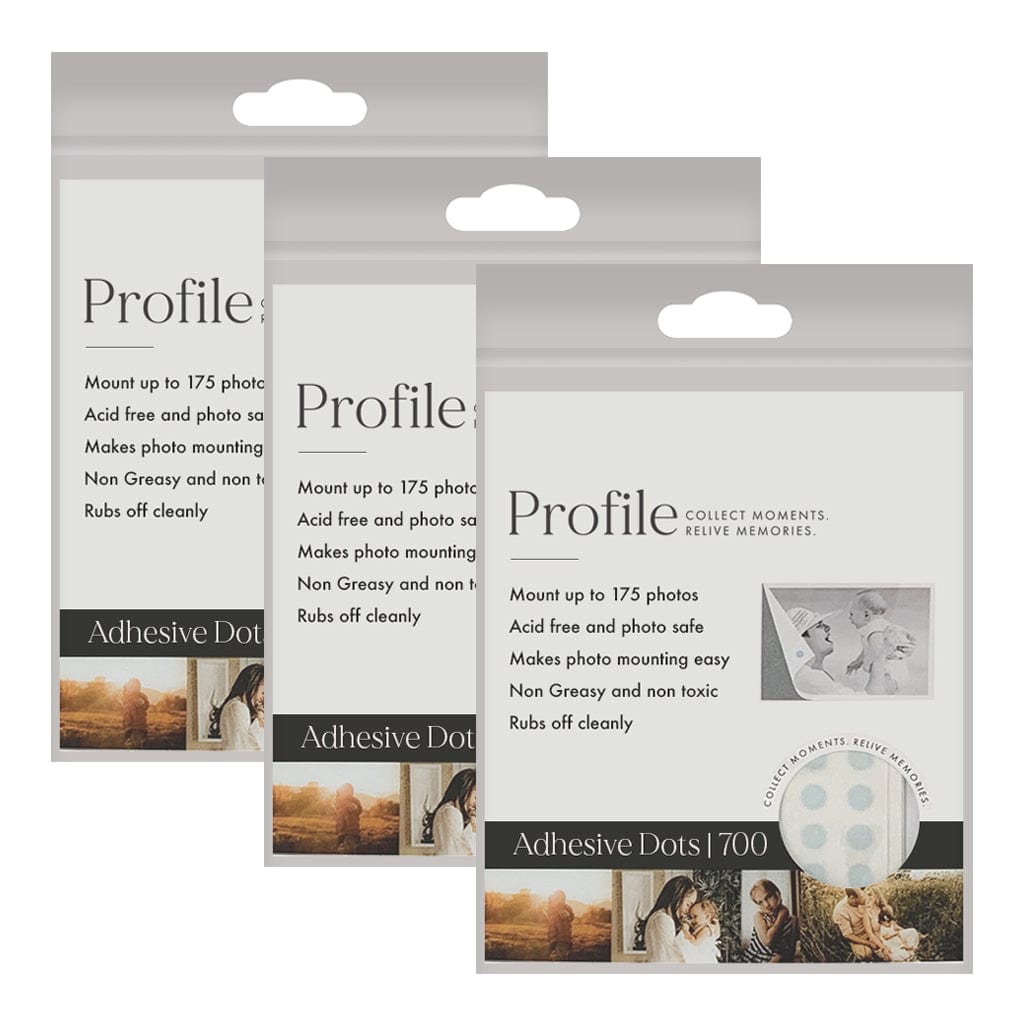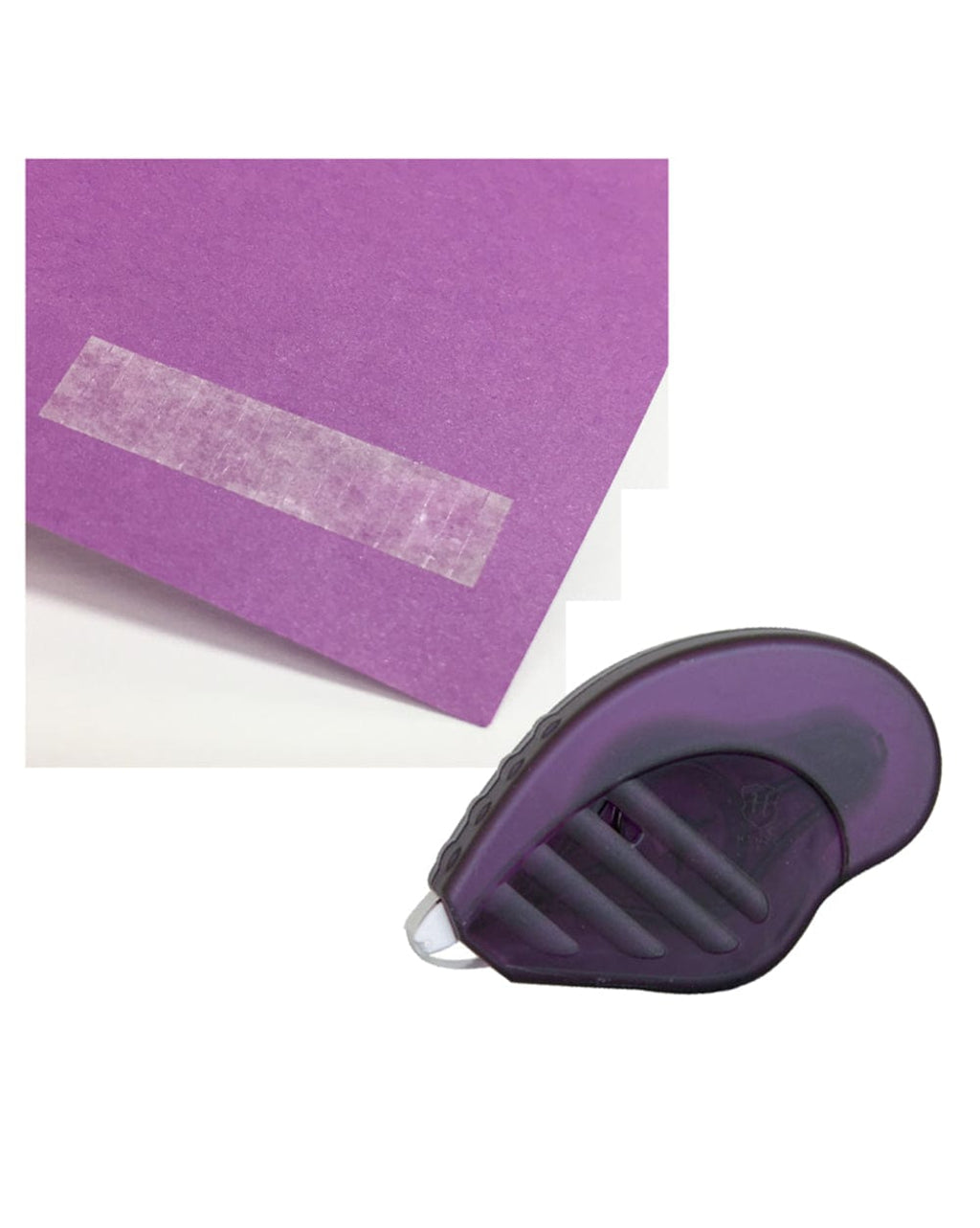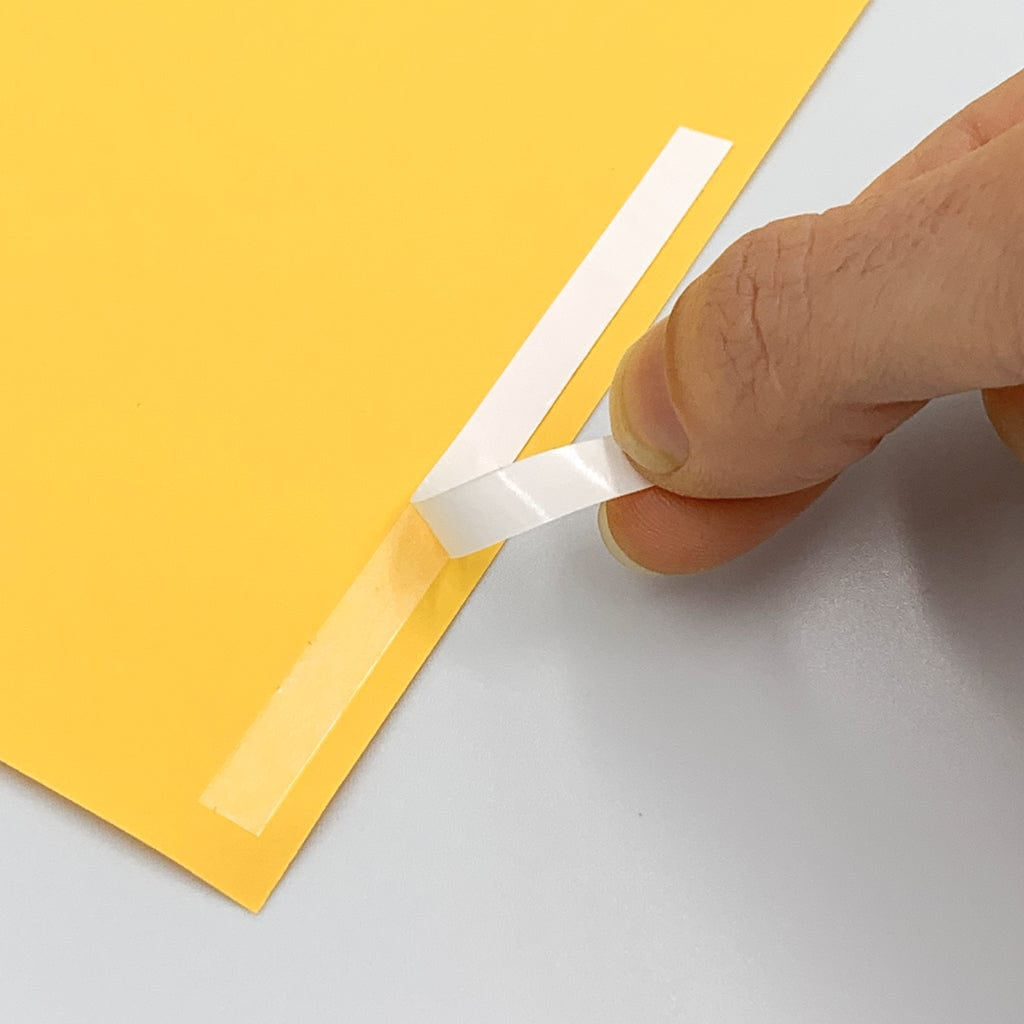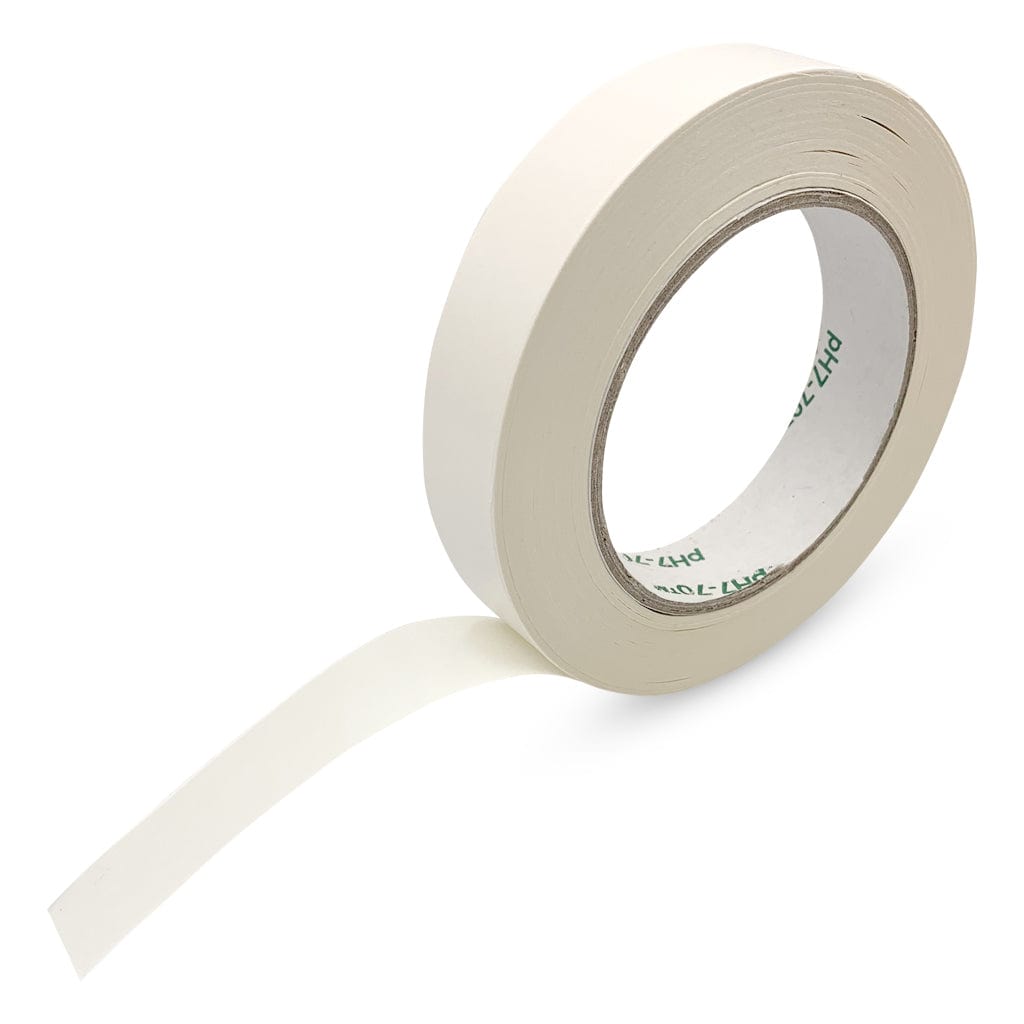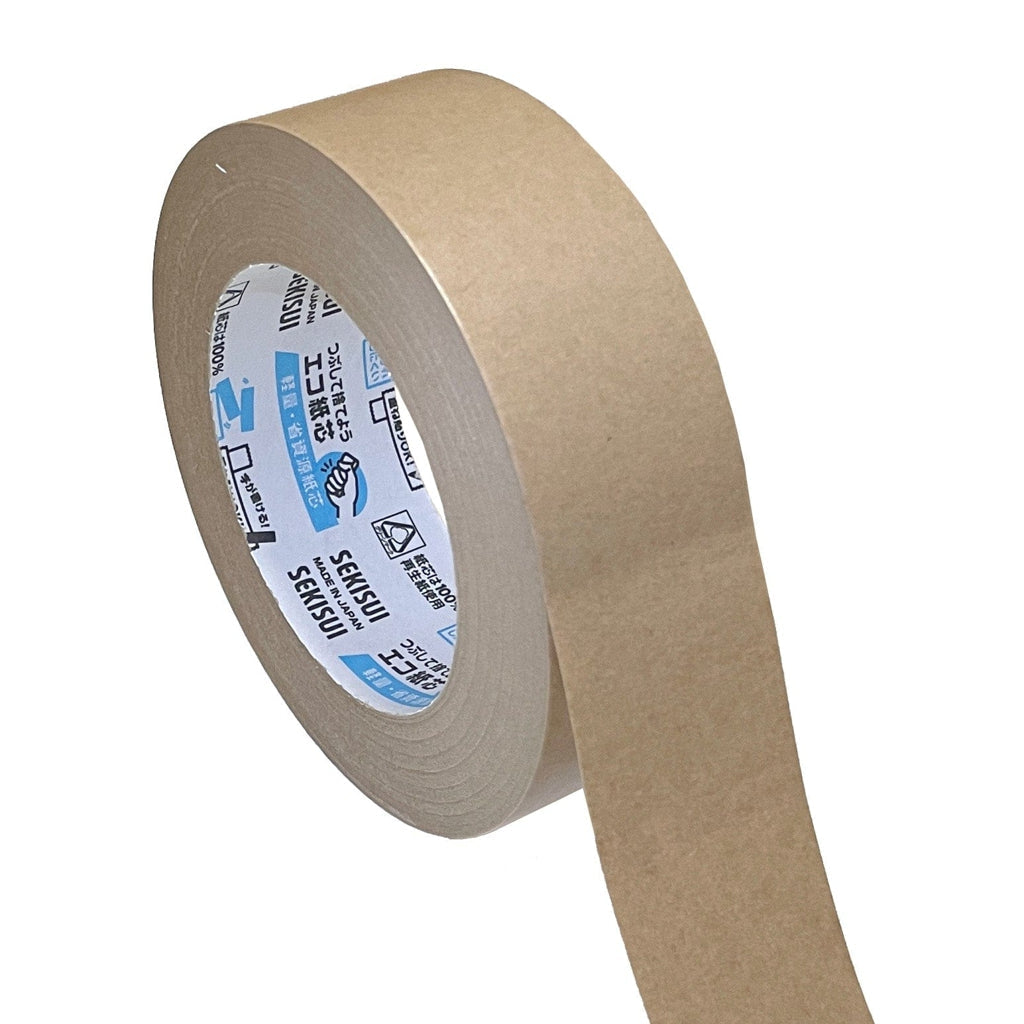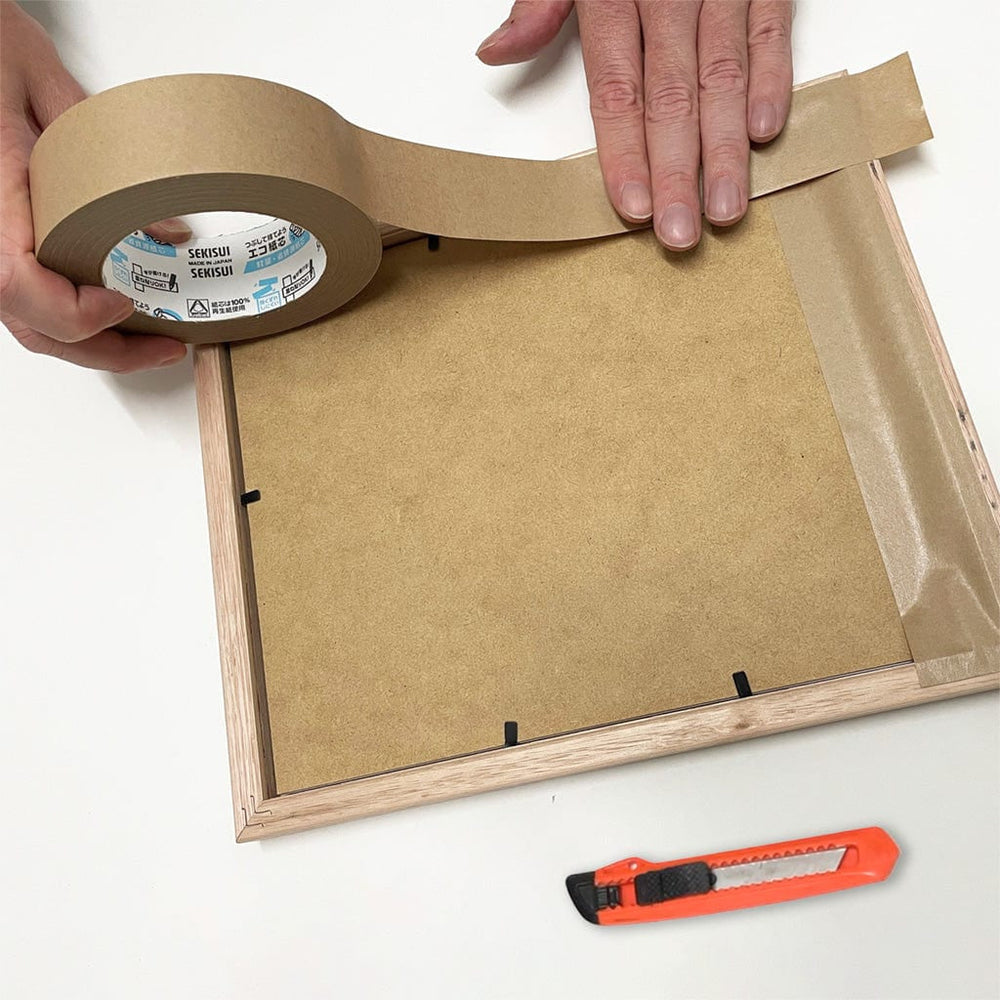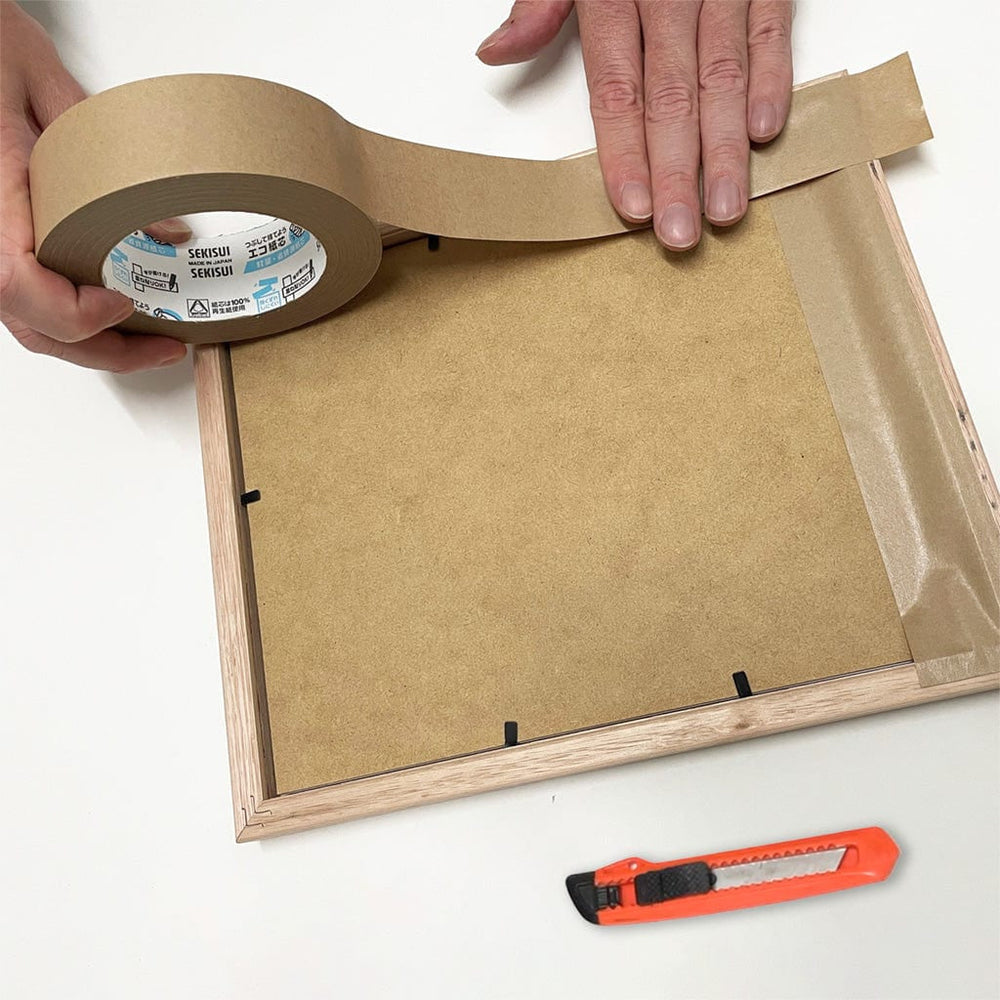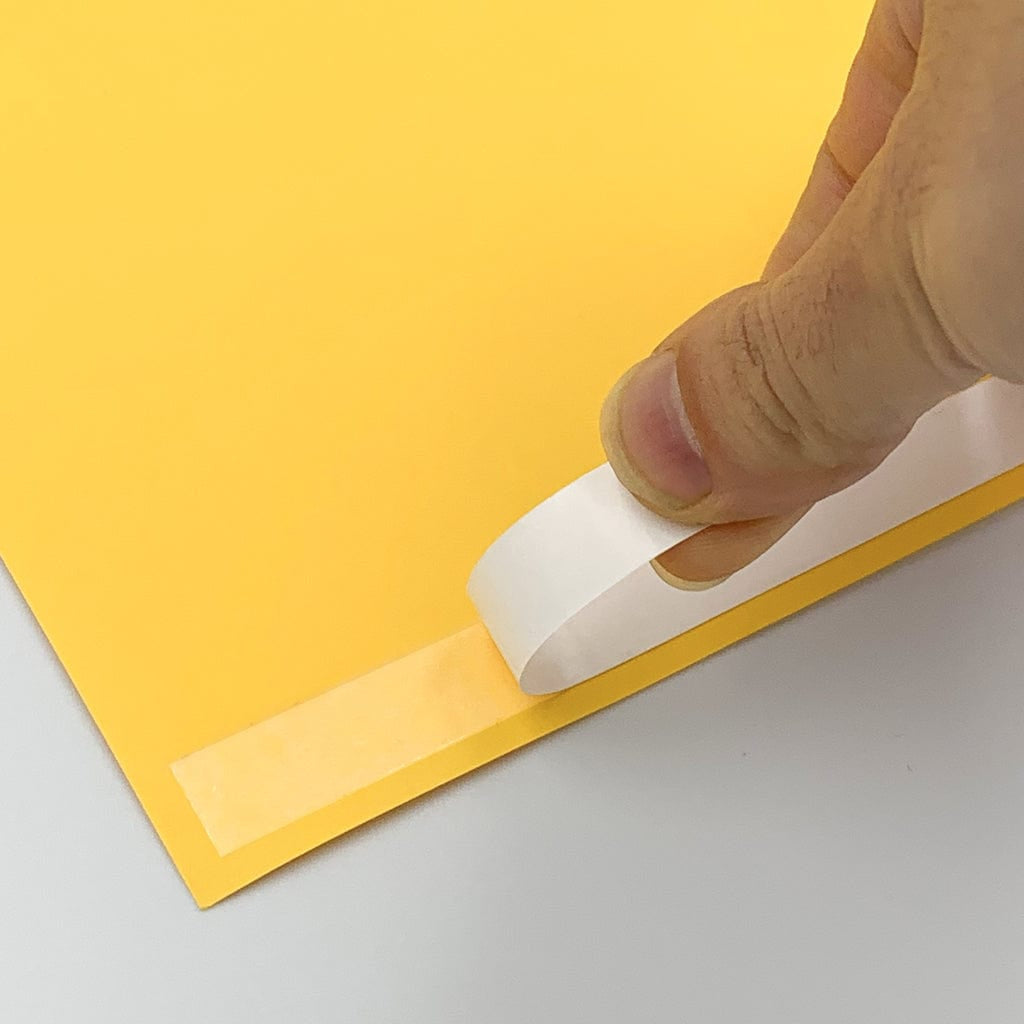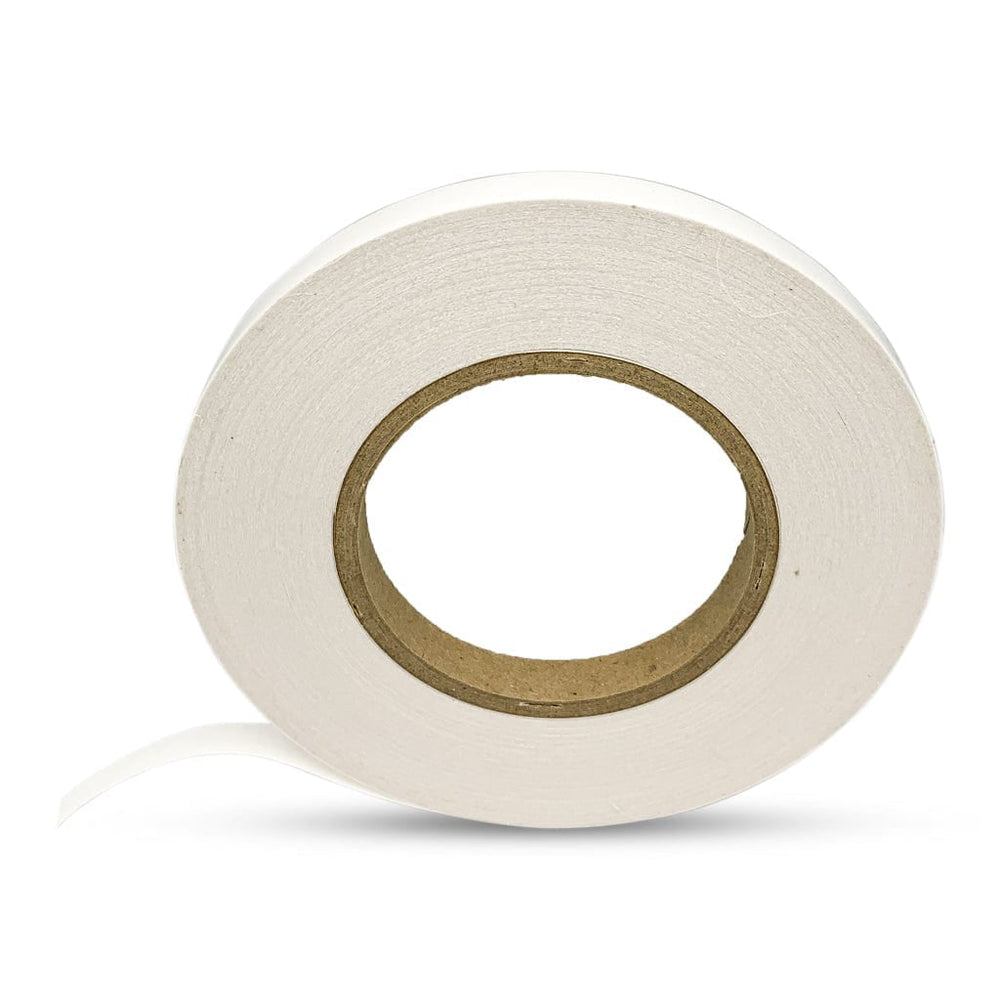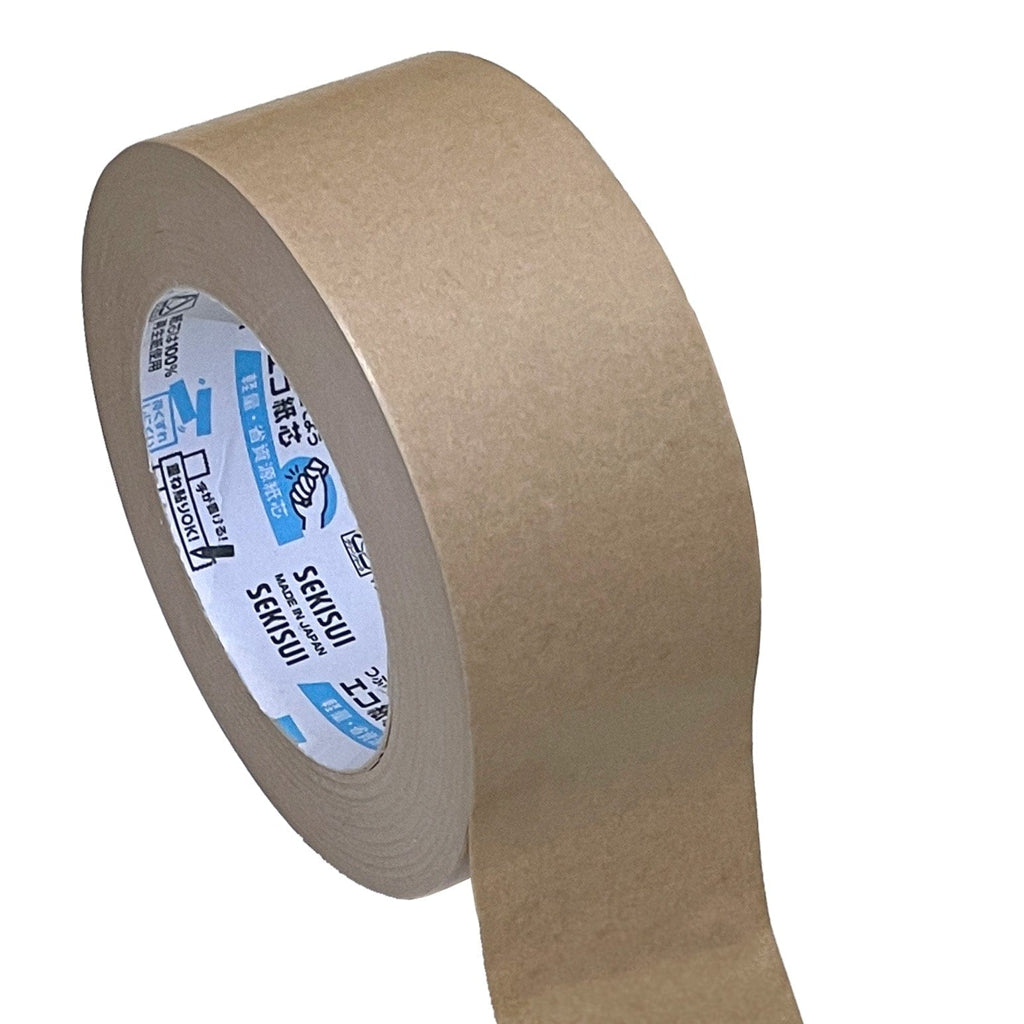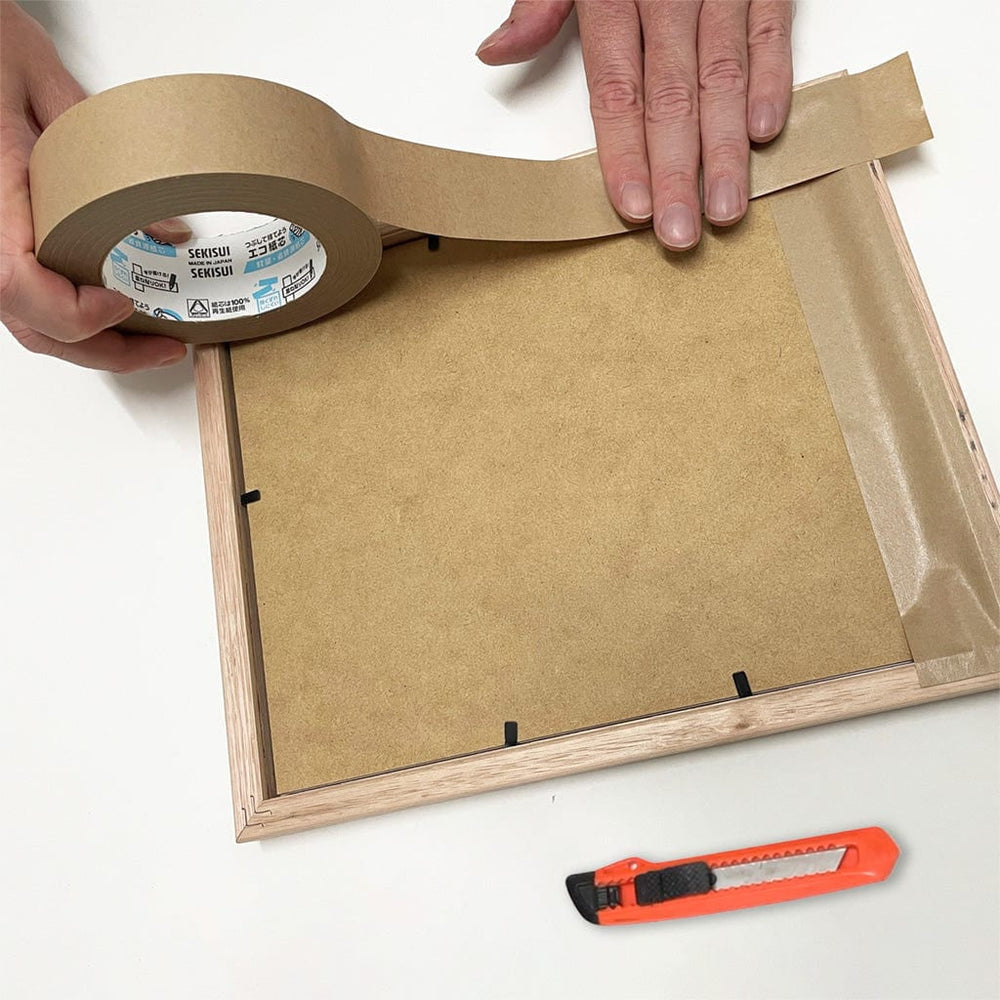Table of Contents

What is a P.A.T. Test and Why is it Important for Photos?
The Photographic Activity Test (P.A.T.) is a formal laboratory test which designed to test and verify the quality of photographic storage materials and was developed by the Image Permanence Institute of the United States.
Conservation experts rely on the P.A.T. test to ensure that any archival storage materials for photographs will be safe for any long-term preservation.

The scientific, chemical P.A.T. test indicates whether a material such as an adhesive, a film or a storage method will cause any damage to a photograph. Some storage materials such as adhesives, may possibly react via a chemical reaction with a photo, which could cause deterioration or discolouration to the photograph. This laboratory test looks for any type of potentially negative or detrimental 'activity'. If found, the product is failed and should not be allowed near any photographs.
The P.A.T test is the subject of International Standards Organisation standard ISO 18916:2007 Imaging materials – Processed imaging materials – Photographic activity test for enclosure materials. This test can be conducted by a number of recognised institutions around the globe, including the National Archives of Australia.

If a photo storage product, such as an adhesive, has passed the P.A.T test, then you can be confident that it will be photo safe and will not contribute to any damage of your photograph over time.
- Learn More about preserving photographs from the National Archives of Australia.
Profile Australia offers a complete range of speciallized photo mounting accessories which are formally P.A.T. tested and genuinely approved as photo safe. So you can rest assured that these will be perfect for any of your drymount photo albums and scrapbooking requirements, with the knowledge that you're using the safest and best products available.
Want to read more? You may also like:




